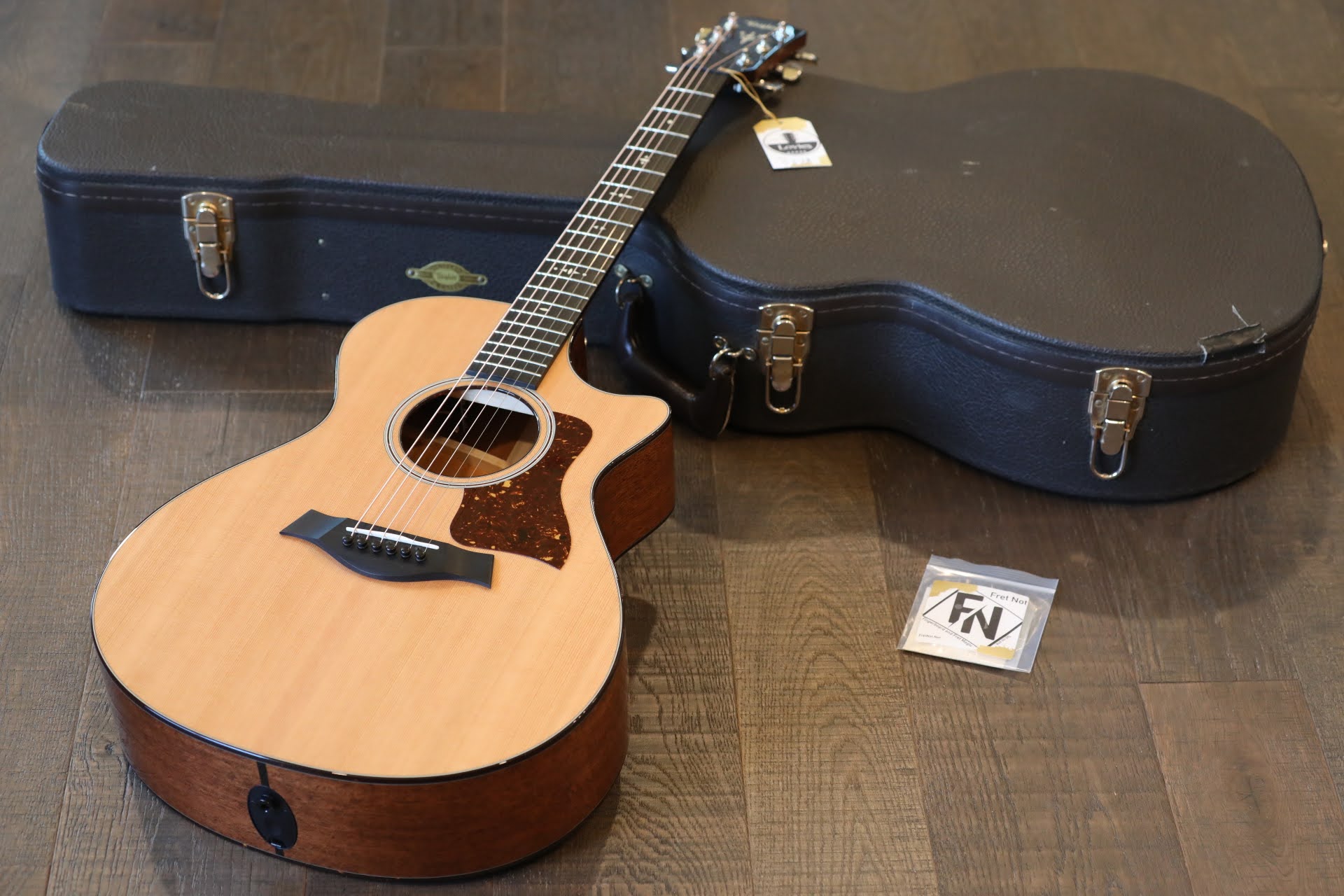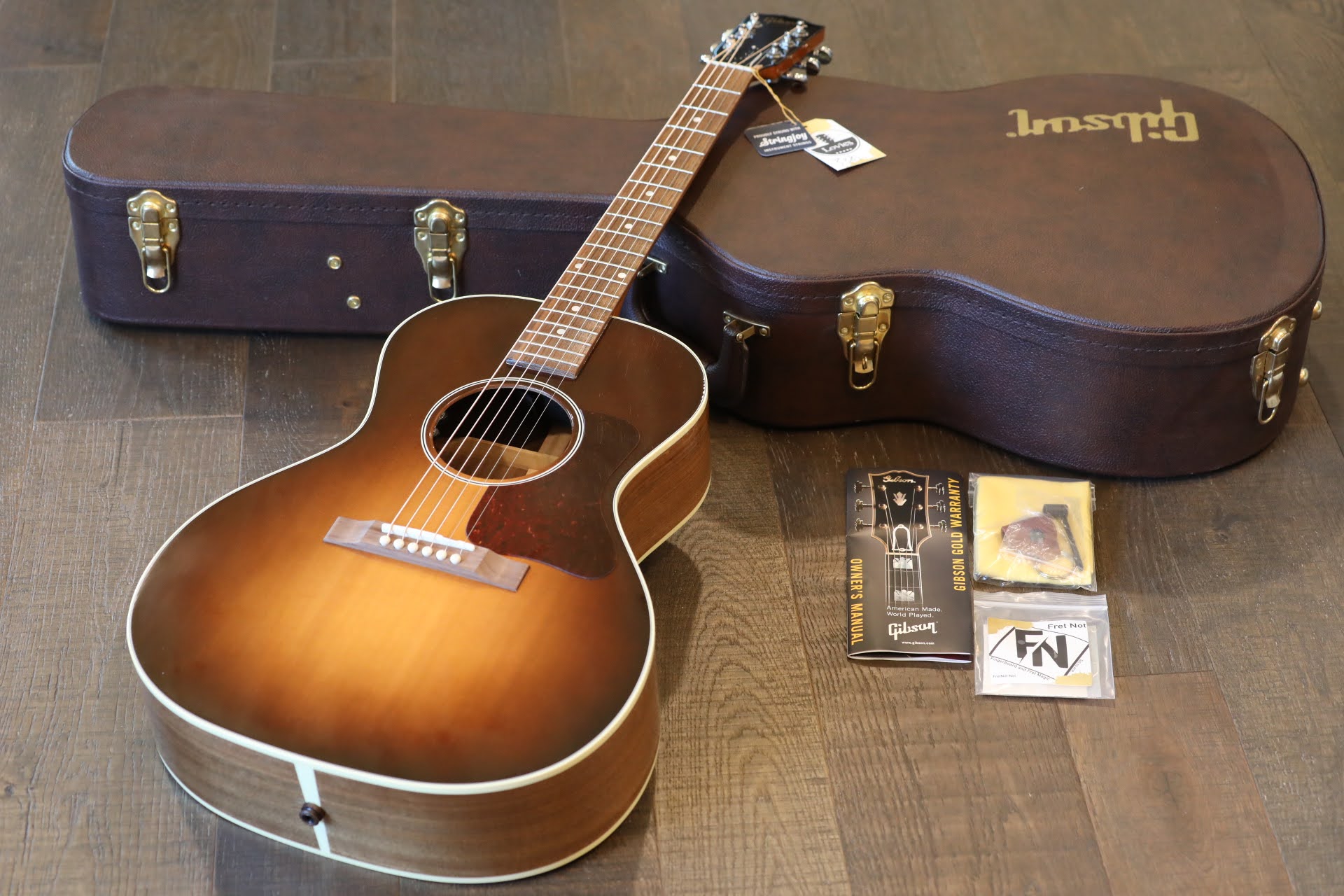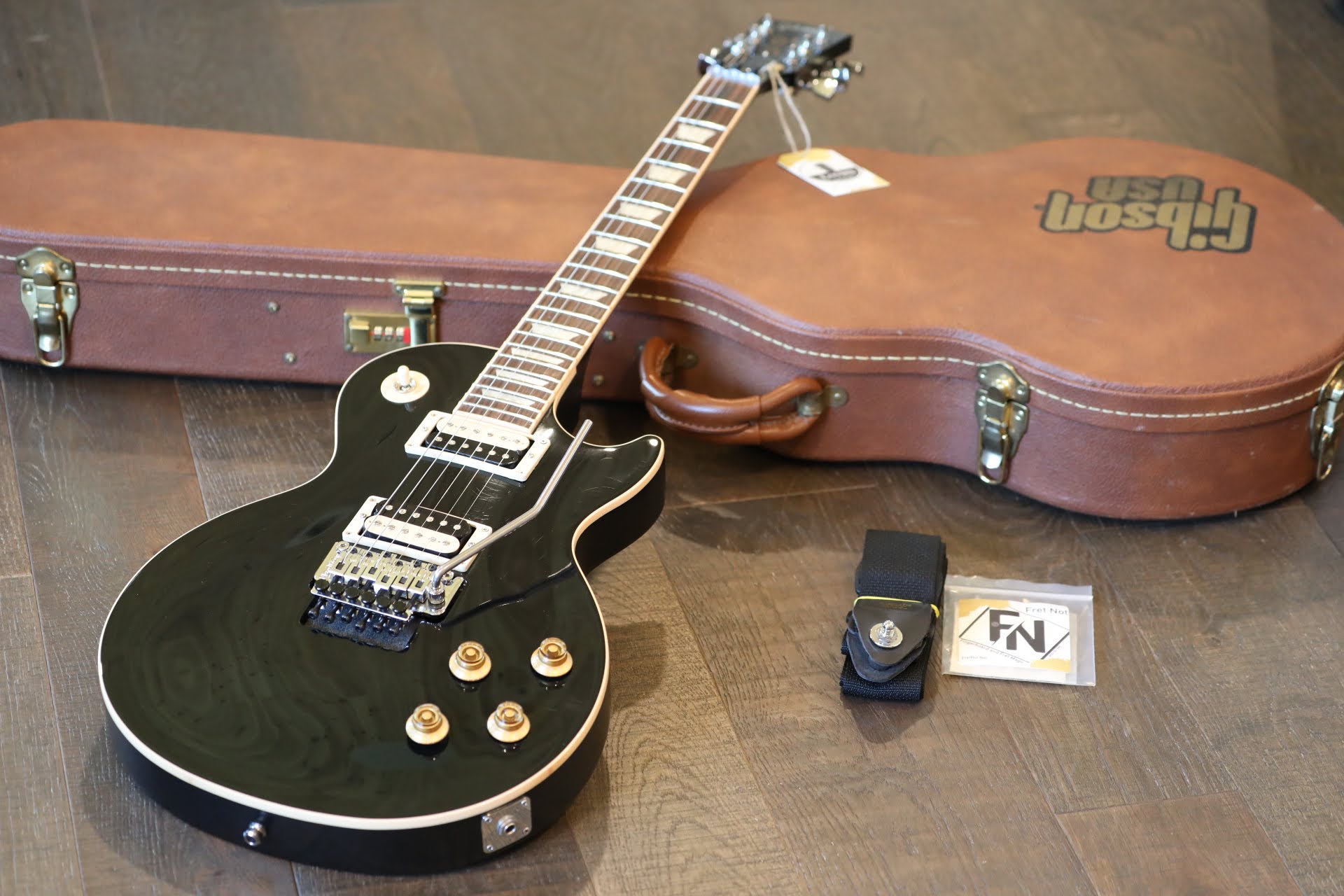So here’s the deal, guitars are more than just instruments—they’re legends, storytellers, and soulmates for musicians worldwide. Whether you're a beginner strumming your first chords or a seasoned shredder rocking out on stage, guitars have this magical way of speaking to our hearts. And if you're diving into the world of guitars, you’re in for an epic ride. Let’s explore everything you need to know about these stringed wonders.
Now, let’s get one thing straight—guitars aren’t just for rock stars. They’ve been around for centuries, evolving from simple wooden creations to modern masterpieces that blend art and technology. The beauty of guitars lies in their versatility, from acoustic ballads to electric riffs that make the crowd go wild. And trust me, once you pick up a guitar, it’s like opening the door to a whole new universe of sound.
But before we dive deep into the world of guitars, let’s take a moment to appreciate why they matter so much. They’re not just tools—they’re companions that help us express emotions, tell stories, and even escape reality for a while. Whether you're writing your first song or jamming with friends, guitars have this uncanny ability to bring people together. So buckle up, because we’re about to explore everything you need to know about guitars!
Read also:Astrid Wett Nudes The Truth Behind The Clickbait Debunked
What Exactly Are Guitars?
Alright, let’s start with the basics. Guitars are stringed musical instruments that usually have six strings, although there are variations with more or fewer strings. They come in two main types: acoustic and electric. Acoustic guitars rely on their hollow body to amplify sound, while electric guitars need amplifiers to produce those electrifying tones. And let’s not forget the semi-acoustic guitars, which kind of straddle both worlds.
Now, here’s the kicker—guitars aren’t just about making noise. They’re about creating music that resonates with people. From the soft strums of an acoustic guitar to the thunderous riffs of an electric one, each type has its own personality and purpose. And the best part? You can make any kind of music you want with them. Whether you’re into folk, rock, jazz, or even metal, there’s a guitar out there waiting for you.
Types of Guitars: Acoustic vs Electric
Let’s break it down a bit further. Acoustic guitars are perfect for beginners and anyone who loves that natural, unplugged sound. They’re portable, easy to maintain, and great for practicing. Electric guitars, on the other hand, are all about power and versatility. They’re the go-to choice for rockers, metalheads, and anyone who wants to create those heavy, distorted sounds. And then there’s the semi-acoustic guitar, which combines the best of both worlds—perfect for jazz musicians and those who want a bit of everything.
Why Should You Learn to Play Guitars?
Here’s the thing—learning to play the guitar is one of the best decisions you’ll ever make. It’s not just about becoming a musician; it’s about personal growth, creativity, and even stress relief. Studies have shown that playing an instrument like the guitar can improve cognitive function, boost memory, and enhance emotional well-being. And let’s be real, there’s nothing quite like the feeling of mastering a new song or writing your own music.
Plus, guitars are super versatile. You can play them anywhere—at home, at the beach, or even in your car. They’re the ultimate travel companion for music lovers. And if you’re looking to connect with others, guitars are a great way to do it. Whether you’re jamming with friends or performing at open mic nights, guitars have this incredible ability to bring people together.
Health Benefits of Playing Guitars
Did you know that playing the guitar can actually improve your physical and mental health? It’s true! Playing an instrument like the guitar requires coordination, focus, and fine motor skills, all of which can help improve brain function. Plus, the act of creating music can be incredibly therapeutic, helping to reduce stress and anxiety. And let’s not forget the social benefits—playing the guitar can help you build confidence and connect with others in meaningful ways.
Read also:Cailey Lonnie Onlyfans Leak The Untold Story And What You Need To Know
Choosing the Right Guitar for You
Now that we’ve established why guitars are awesome, let’s talk about how to choose the right one for you. With so many options out there, it can be overwhelming. But don’t worry, we’ve got you covered. Here are a few things to consider when picking out your perfect guitar:
- **Your Skill Level**: Are you a beginner, intermediate, or advanced player? Beginners might want to start with a smaller, lighter guitar, while more experienced players might prefer something with more features.
- **Type of Music**: What kind of music do you want to play? Acoustic guitars are great for folk and country, while electric guitars are perfect for rock and metal.
- **Budget**: Guitars can range from affordable to luxury models. Decide how much you’re willing to spend and stick to that budget.
- **Brand and Quality**: Do your research on different brands and read reviews from other guitarists. You want a guitar that’s well-made and will last you a long time.
Top Brands to Consider
When it comes to guitars, there are some brands that consistently deliver quality and reliability. Some of the top names in the guitar world include:
- Fender
- Gibson
- Taylor
- Martin
- Ibanez
Each of these brands has its own unique style and sound, so it’s worth trying out a few to see which one feels right for you.
Getting Started: Basics of Guitar Playing
So you’ve got your guitar—now what? First things first, you need to learn the basics. This includes things like how to hold the guitar, how to tune it, and how to play basic chords. Don’t worry if it feels awkward at first—that’s totally normal. Like anything worth doing, playing the guitar takes practice and patience.
Here are a few tips to get you started:
- **Tune Your Guitar**: Make sure your guitar is in tune before you start playing. You can use a tuner or an app to help with this.
- **Learn Basic Chords**: Start with simple chords like G, C, D, and E. These are the building blocks of most songs.
- **Practice Regularly**: Consistency is key when it comes to learning an instrument. Even 10-15 minutes a day can make a big difference.
Common Mistakes Beginners Make
As a beginner, it’s easy to make mistakes. But don’t worry—everyone does it! Some common mistakes include pressing the strings too hard, not using the right finger placement, and rushing through practice sessions. The key is to be patient with yourself and keep practicing. Over time, you’ll develop the skills and confidence you need to become a great guitarist.
Advanced Techniques: Taking Your Guitar Skills to the Next Level
Once you’ve mastered the basics, it’s time to start exploring more advanced techniques. This is where things get really fun! Some techniques to try include:
- **Strumming Patterns**: Experiment with different strumming patterns to add variety to your playing.
- **Barre Chords**: These can be tricky at first, but they’re essential for playing more complex songs.
- **Scales and Arpeggios**: Practicing scales and arpeggios can help improve your finger dexterity and overall playing ability.
Remember, the key to mastering these techniques is practice, practice, practice. But don’t get discouraged if it takes time to get the hang of them. Every great guitarist started out as a beginner.
How to Practice Effectively
Practicing effectively is all about setting goals and staying consistent. Here are a few tips to help you make the most of your practice sessions:
- **Set Specific Goals**: Whether it’s learning a new song or mastering a particular technique, having clear goals can help keep you motivated.
- **Warm Up**: Just like any physical activity, warming up before you play can help prevent injury and improve your performance.
- **Mix It Up**: Don’t just practice the same thing over and over. Mix in new songs, techniques, and exercises to keep things interesting.
The Role of Guitars in Music History
Guitars have played a major role in the evolution of music throughout history. From classical compositions to modern rock anthems, guitars have been there every step of the way. They’ve been used by some of the greatest musicians of all time, including Jimi Hendrix, Eric Clapton, and Stevie Ray Vaughan, to name just a few.
And let’s not forget the cultural impact of guitars. They’ve been a symbol of rebellion, creativity, and self-expression for generations. Whether you’re listening to the blues, rock, or pop, guitars have left their mark on the music we love.
Iconic Guitarists Throughout History
There are so many legendary guitarists who have shaped the world of music. Some of the most iconic include:
- **Jimi Hendrix**: Known for his groundbreaking techniques and electrifying performances.
- **Eric Clapton**: A master of blues and rock, Clapton has influenced countless guitarists.
- **Stevie Ray Vaughan**: A blues legend who brought the genre back to life in the 1980s.
Each of these guitarists has left an indelible mark on the world of music, and their influence can still be heard today.
Maintaining Your Guitar: Tips and Tricks
Having a great guitar is one thing, but keeping it in top condition is another. Proper maintenance is key to ensuring your guitar sounds great and lasts a long time. Here are a few tips to help you take care of your guitar:
- **Clean It Regularly**: Wipe down your guitar after each use to remove sweat and oils that can damage the finish.
- **Change Strings**: Old strings can affect the sound of your guitar, so make sure to change them regularly.
- **Store It Properly**: Keep your guitar in a case or stand when you’re not using it to protect it from dust and damage.
By taking good care of your guitar, you’ll ensure it stays in top condition for years to come.
Common Issues and How to Fix Them
Even with proper maintenance, guitars can sometimes have issues. Some common problems include buzzing strings, poor intonation, and loose parts. If you encounter any of these issues, don’t panic! Most of them can be fixed with a little troubleshooting and some basic tools.
Conclusion: Your Journey with Guitars
So there you have it—everything you need to know about guitars. From choosing the right one to mastering advanced techniques, guitars offer endless possibilities for creativity and expression. Whether you’re a beginner or a seasoned pro, there’s always something new to learn and explore.
And remember, the most important thing is to have fun! Playing the guitar should be an enjoyable experience, so don’t get too caught up in perfection. Embrace the process, make mistakes, and keep pushing yourself to grow as a musician.
So what are you waiting for? Grab your guitar, strum those strings, and let the music flow. Who knows—maybe one day you’ll be the next guitar legend!
Table of Contents
- What Exactly Are Guitars?
- Why Should You Learn to Play Guitars?
- Choosing the Right Guitar for You
- Getting Started: Basics of Guitar Playing
- Advanced Techniques: Taking Your Guitar Skills to the Next Level
- The Role of Guitars in Music History
- Maintaining Your Guitar: Tips and Tricks
- Common Issues and How to Fix Them
- Conclusion: Your Journey with Guitars


